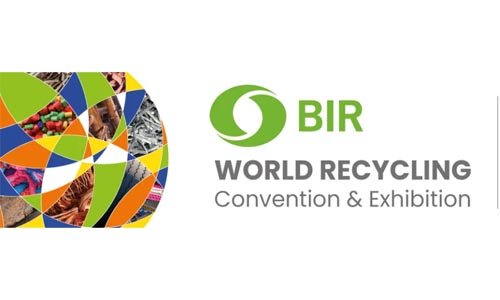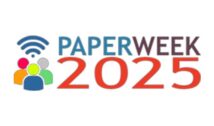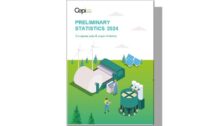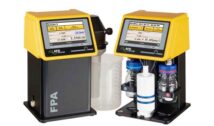
These applications, received by the 21 February 2025 deadline, came from: Bangladesh, Bosnia and Herzegovina, Egypt, El Salvador, India, Indonesia, Kazakhstan, Malaysia, Moldova, Monaco, Morocco, Nigeria, North-Macedonia, Pakistan, Philippines, Saudi Arabia, Serbia, Singapore, Taiwan*, Thailand, Togo, Tunisia, Ukraine and Vietnam.
BIR urges members in non-OECD countries that are not on this list and have not yet applied to engage with your national authorities immediately (also via your national association, if applicable) to submit applications as soon as possible. BIR can provide support in navigating these requirements. For those in countries that have applied, we will closely monitor the assessment process and provide updates as they become available.
Though countries that missed the February deadline can still submit applications, there is no guarantee these will be processed in time for inclusion on the first approved list, which the Commission plans to establish by 21 November 2026. This timeline creates significant uncertainty for recyclers in these markets.
The Regulation introduces particularly extensive measures, including a complete ban on plastic waste exports from 21 November 2026. For other non-hazardous waste categories, such as recycled metals and recovered paper, exports to non-OECD countries will be prohibited from 21 May 2027unless those countries have been added to the EU’s approved list.
Whilst these developments are framed as advancing circular economy objectives, BIR recognises the complex implications for the global recycling industry. We have engaged with EU policymakers regarding potential impacts on international recycling supply chains, particularly for members in countries that have not yet submitted applications.
BIR will request that the Commission disclose which specific waste streams each applicant country has included in their application. This information is essential for our members to determine whether their materials are covered, allowing for better business planning across our supply chains.
Throughout this process, BIR has worked to represent our global membership’s interests and highlight international trade’s role in resource efficiency. We remain concerned about potential impact on recyclers in non-applicant countries and EU recyclers who rely on these export markets. We assure members that BIR will continue its advocacy efforts, working closely with our member association EuRIC to ensure the implementation process addresses recyclers’ concerns and minimises supply chain disruptions.
We understand this is a challenging time for many in our industry, but we remain committed to supporting our global membership through these regulatory changes and continuing our constructive dialogue with EU policymakers. For further information on the procedures and obligations under the new rules, please consult our BIR Business Digest on Waste Shipments Regulation.

































